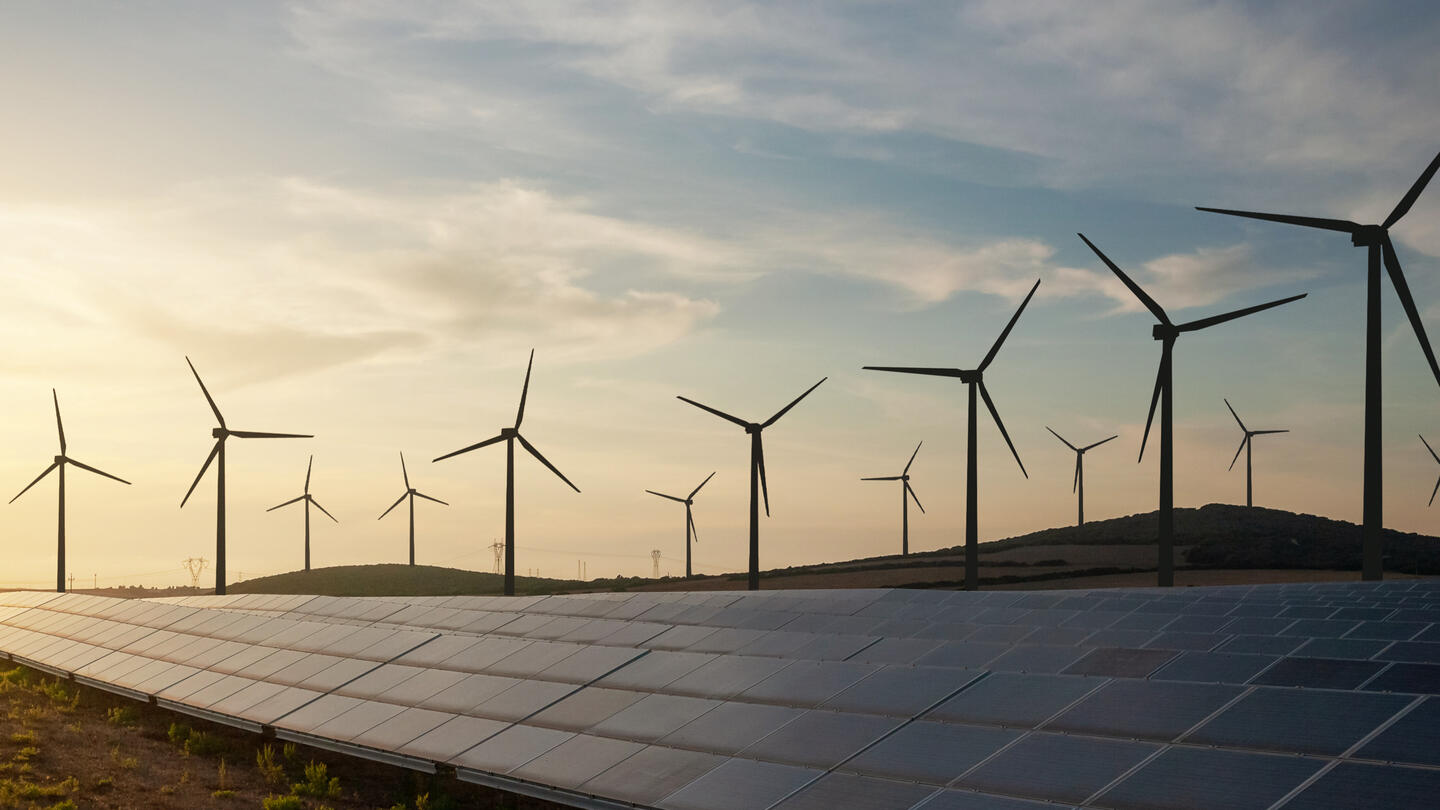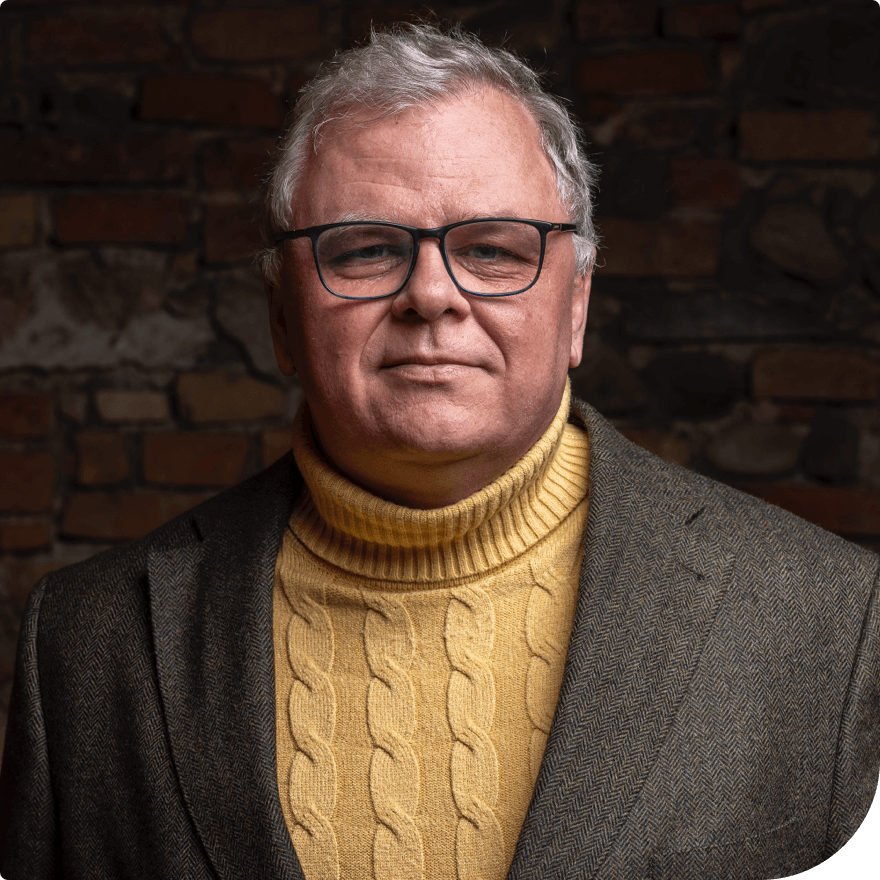

We remain strongly committed to supporting our clients in achieving their ESG targets as a core part of our efforts to drive a just and fair transition to a low carbon and more inclusive world economy.
Alongside five other top lenders, we announced our signing of the Sustainable STEEL Principles, a climate-aligned finance agreement for the steel sector.
Steel is a fundamental material in the manufacturing industry, used in a wide variety of goods. Due to the sector’s reliance on coal, it is the largest source of industrial carbon emissions globally (7%). Designed by a working group comprised of UniCredit, Citi, ING, Société Générale and Standard Chartered, the Sustainable STEEL Principles have been drawn up to tackle this problem head on and significantly reduce carbon emissions from steel production.
This agreement amongst lenders, provided a framework for assessing and disclosing the degree to which the emissions associated with their steel loan portfolios are in line with 1.5°C climate targets – providing the necessary tools for client engagement and advocacy. Signatories represent a combined bank loan portfolio of approximately $23 billion in lending commitments to the steel sector, for a market share of over 11% of total private sector steel lending, according to RMI research.
Moreover, for banks like ours with net zero commitments, the SSP provide ready-made implementation guidance to achieve these targets. With steel production representing the largest source of industrial carbon emissions globally, the Sustainable STEEL Principles are a key step in the journey towards Net Zero. As a founding signatory, we look forward to deepening our dialogue with clients and industry peers to promote a greener future.
ESG remains a key pillar of our Strategic Plan, UniCredit Unlocked, with ambitious targets for all areas of the business, including a total of €150 billion in new cumulative ESG volumes by 2024. Furthermore, we continue to work on reducing our own environmental footprint with a commitment to reach net-zero on the bank’s own emissions by 2030 and on our financed emissions by 2050.
A conversation with...
Marc Thümecke - Managing Director, Natural Resources
To you, what did the Sustainable STEEL Principles mean for UniCredit?

Marc Thümecke
Managing Director, Natural Resources
The fifteen months in which we developed the detailed framework to measure and disclose the alignment of steel lending portfolios with a 1.5-degree Celsius climate target were a great opportunity to work with like-minded and engaged metals and mining specialists from Citi, ING, Société Générale and Standard Chartered, as well as experts from global steel companies and leading net zero NGOs. It helped us to understand the net zero challenge, get to know leading NGOs and discuss new technologies to decarbonise the steel process. The work was made possible through much improved communication technologies which enabled effective virtual meetings across geographies. Most importantly, we made friends and developed a great network which will help us to support our steel customers to implement their decarbonisation plans over the next decades.
How have the Sustainable STEEL Principles contributed to our Bank’s overall strategy?
Through the Sustainable STEEL Principles, UniCredit was able to jointly develop a framework to measure and disclose the CO2 emissions of banks’ steel lending portfolios for the first time alongside leading metals and mining bankers and under technical guidance provided by RMI – a leading global non-profit net zero NGO. This framework has been endorsed inter alia by the NZBA, Net Zero Banking Alliance, and by the SBTi, Science Based Target Initiative. The insights gained through this work will be fundamental in decarbonising the steel production of our clients, a challenge which requires about $8-11 billion in investment annually. If we proactively engage, we have the opportunity to help our customers to achieve their net zero commitments. At the same time, it will also help us to manage our own risk and avoid financing assets which may become stranded in a few years. Ultimately, the Sustainable STEEL Principles and access to leading net zero NGOs and experts will help us to navigate the transition of other hard to abate sectors like aluminium, cement, oil and gas and petrochemicals.
Why are you particularly proud to have worked on this initiative?
As a collective, our cooperation was efficient, seamless, and free from a “me first” mentality. This enabled fruitful teamwork across time zones and continents. If the iron ore and steel sectors were a country, its annual greenhouse gas emissions would rank third in the world after China and the United States. I am pleased to see that leading net zero NGOs and regulators are applying the guidance from the Sustainable Steel Principles. I hope that we will be able to say in 2050, when we look back on the successful net zero transition of the iron ore and steel industry, that the Principles and UniCredit played a leading role.